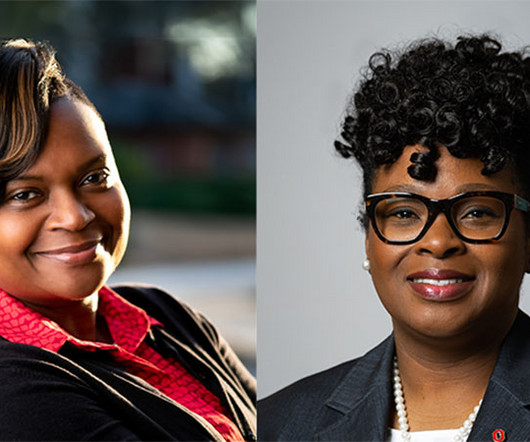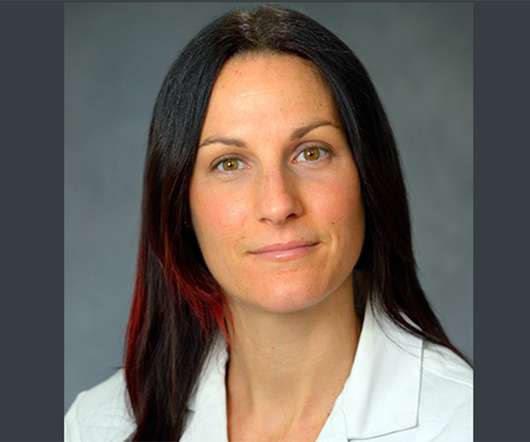Black/African American Caregivers of Older Adults Living with Dementia: Fayron Epps and Karen Moss
GeriPal
SEPTEMBER 21, 2023
You said something about your research in this area this morning pertaining to views of that term, end of life or end-of-life care. So the disconnect there potentially with healthcare providers is when we talk about end of life and end-of-life planning, we’re thinking about the before death stuff.











Let's personalize your content